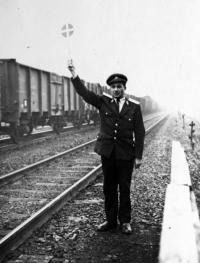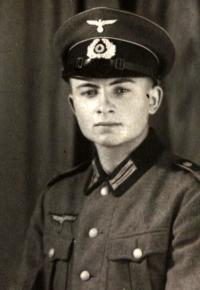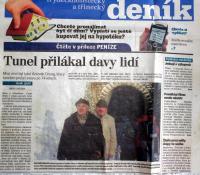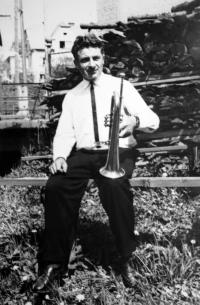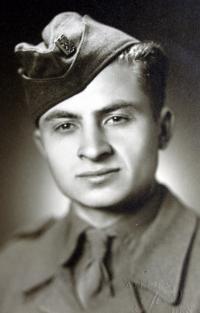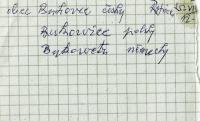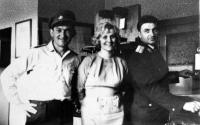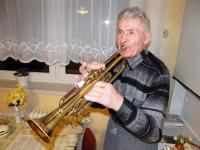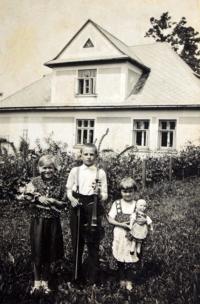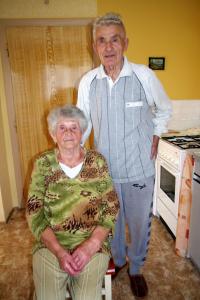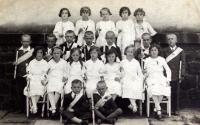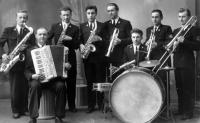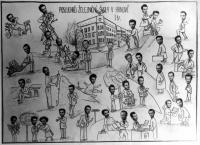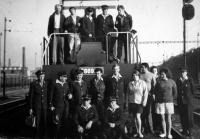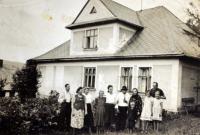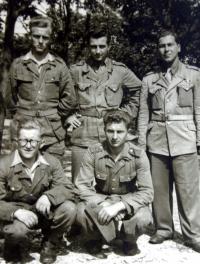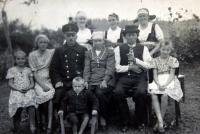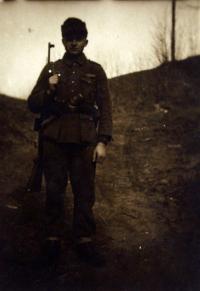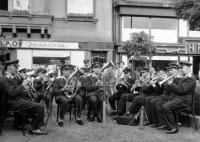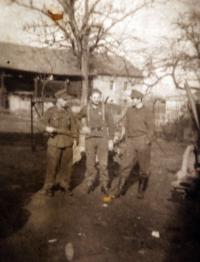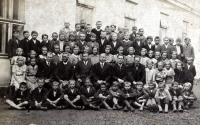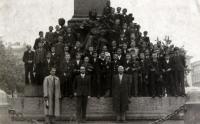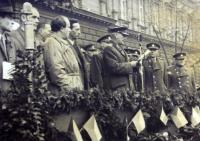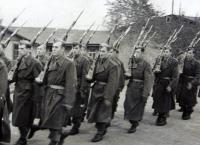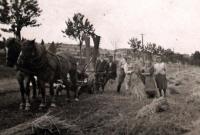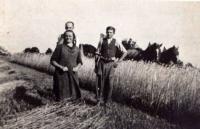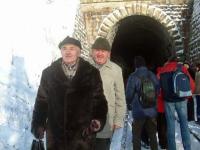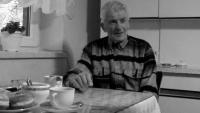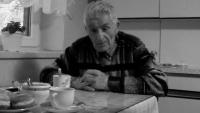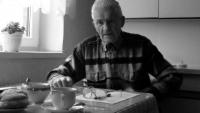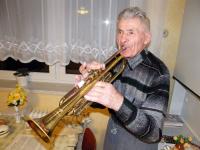I experienced the battle for the tunnels in the Jablunkov Pass

Download image
Mr. Antonín Drong was born on February 21, 1925 in Mosty u Jablunkova as one of the seven siblings, to the family of a freight train brakeman. He joined the Sokol while at primary school. He is a direct witness of the Jablunkov incident caused by German paramilitary troops between the 25th and 26th of August 1939, as well as the Wehrmacht’s battle for the railway tunnels at the beginning of World War 2. During the German occupation, he was forced to join the Hitlerjugend, and his family was made to declare their Silesian nationality. From August 1940 to December 1941, Drong worked as a forced labourer in the Jizerské Mountains. When he returned, he briefly worked with the Reichsbahn. On May 19th he was ordered to join the Reichsarbeitsdienst in Opole. Having completed the service, he was drafted to the Wehrmacht to the 110th training and deployment battalion in Gliwice. He was transferred to the eastern front in January 1944. He fell sick with severe tonsillitis, and frostbite. In June 1944, he was promoted to the lance corporal. When the Soviets recaptured Minsk, he was transferred to the Kampfgruppe Hein of the 20th tank division. He operated a 42 mm machine gun in that unit. He was in Teplice during the German surrender of May 8, 1945. He hid at a farm in Sebuzín for some time; but was eventually captured by armed railway guards in Dluhonice near Přerov. Following a humiliating march through Přerov, he was imprisoned. With the help of his fathers intervention, he was release soon after. When he passed the “test”, writing the name of the Bukovec community correctly in German, Polish, and Czech, he was allowed to return home. Antonín Drong worked on the railway until retirement and played in many brass bands around the Těšín area.
